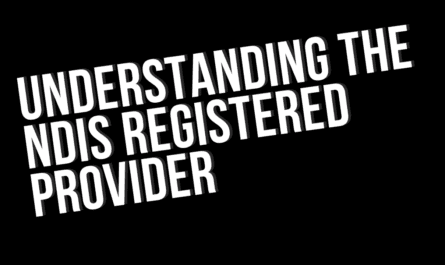The recovery process can take a long time for those who struggle with substance abuse. Many find comfort in rehab centers. To begin this journey, you must first decide to search for “alcohol rehabilitation near me” or rehab centers near me, but in addition to the approaches and therapies available, one sometimes overlooked aspect of the healing process is the staff’s demeanor and disposition. This article explores how staff behavior in rehab facilities may have a significant impact on patient’s ability to heal.
The Bedrock of Rehabilitation: Empathy and Respect
Cultivating Trust Through Understanding
Rehabilitating oneself involves reconstructing a life that has been undermined by addiction, not only stopping substance abuse. A helpful recovery environment is built on the foundation of staff behavior that is based on empathy and respect. When patients feel understood and valued, trust flourishes. This trust becomes the foundation upon which individuals can openly share their struggles, making room for genuine healing to begin.
The Link Between Staff Attitude and Patient Motivation
Encouragement Spurs Progress
The path to recuperation is paved with obstacles that have the power to depress even the most resilient people. Positive encouragement from staff members may greatly improve patient satisfaction. Encouraging words, recognition of small milestones, and a constant belief in the patient’s ability to recover can transform hesitation into determination, turning the possibility of recovery into a tangible goal.
Communication: The Bridge to Better Outcomes
Effective Dialogue Enhances Treatment
A patient’s compliance with treatment methods is significantly influences by the rehab center’s staff’s ability to communicate in an understanding and caring manner. Patients are more likely to be forthcoming about their experiences and difficulties when instructions are delivered patiently and feedback is accepted without passing judgment. This is an important component of individualized treatment that should not be disregarded.
Professionalism in Conduct: An Assurance of Safety and Reliability
Consistency Builds Confidence
When staff consistently exhibit professionalism—be it through punctuality, maintaining boundaries, or managing emergencies calmly—it creates a stable and predictable environment. Patients navigating the volatility of recovery can find solace in the reliability of their caretakers, leading to enhanced comfort and reduced anxiety.
Nurturing Hope with Compassion
The Human Touch in Healing
Both physical and psychological aspects are include in rehabilitation. Personal connection, which is characterize by warmth and genuine concern from a staff member, can have an important influence. It’s in the understanding nod, the gentle encouragement, and the quiet presence that hope is often nurture. Staff members who embody these qualities reinforce that patients are not alone, offering solace amid their struggles.
Addressing the Individual Behind the Addiction
Personalized Care Encourages Personal Growth
Each patient in Clean and Clear Advantage Recovery carries a unique story, with individual triggers and coping mechanisms. Staff who recognize and respect this individuality personalize their interactions and support strategies, fostering a rehabilitative journey that acknowledges the patient beyond the addiction.
The Ecosystem of Recovery: Staff Interactions as a Model
Harmony Promotes Healing
The recovery process influences by the ecosystem of human interactions within the rehab facility. When staff members engage in respectful and supportive dealings with each other. It sets a tone of harmony and cooperative spirit. This model of behavior can inspire patients, promoting social skills and conflict resolution strategies that are crucial post-rehabilitation.
Conclusion: The Silent Force in Recovery
Many people might find actual venues that provide treatment by searching for “alcohol rehab near me” or “rehab centers near me.” However, the staff’s actions within these facilities—the human element—often determine the effectiveness and caliber of a patient’s recovery process. Empathy, encouragement, clear communication, professionalism, compassion, personalized care, and the modeling of positive interactions serve as the silent but potent forces shaping the recovery landscape. Recognizing the power of these influences, rehab centers can cultivate an environment where recovery doesn’t just begin but actively fosters until patients can confidently embark on a new chapter of their lives.







